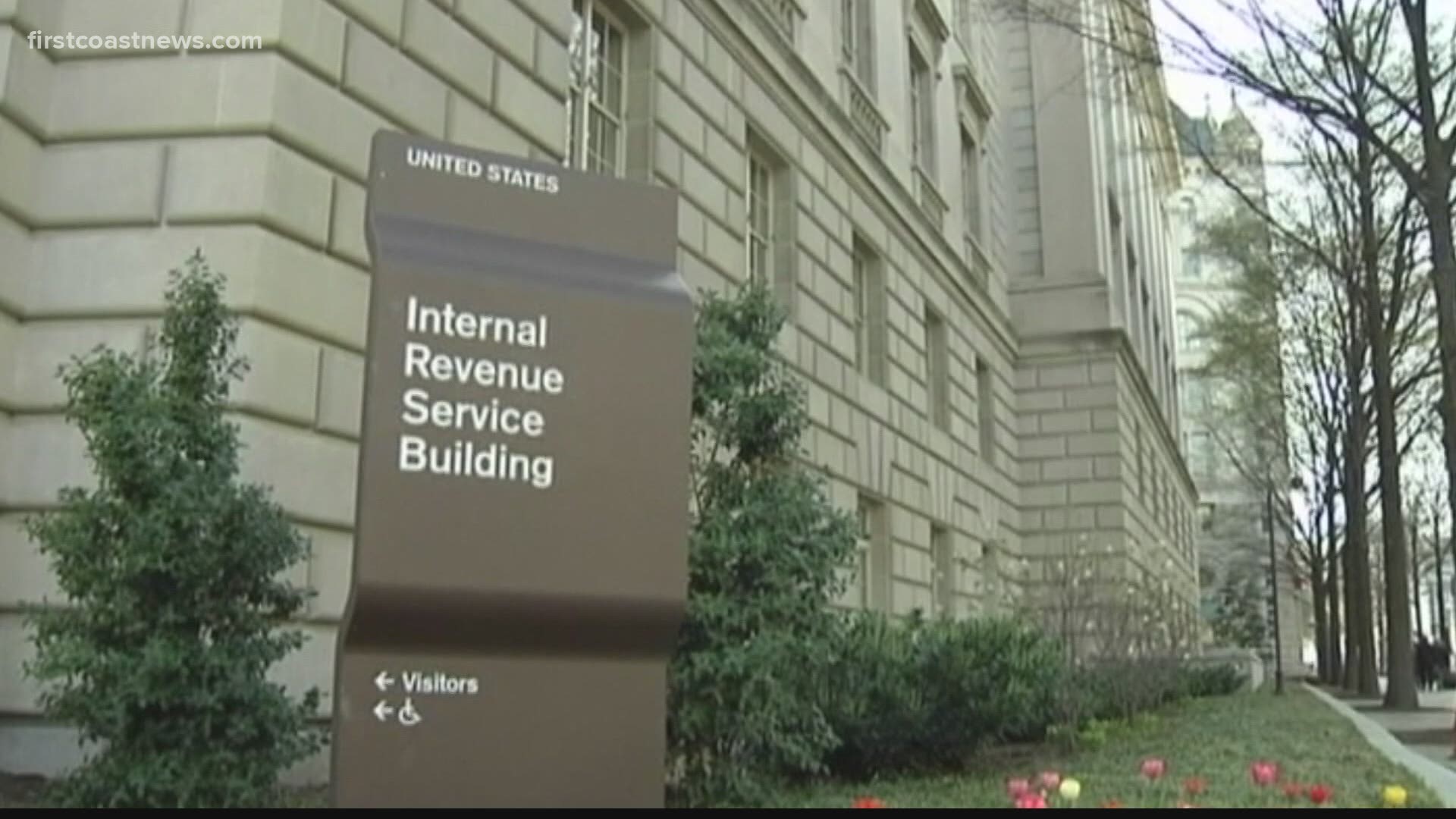JACKSONVILLE, Fla. — "W.F.H."
Don’t be taken aback if you’re not familiar with the letters, you probably recognize what they stand for: Work From Home.
It’s quite literally been a household phrase more than ever since the COVID-19 pandemic arrived and shut down workplaces all over the country last year.
Many companies and industries have gradually been allowing or demanding that employees come back to the office, but many say they want to stick with the ‘new normal’ – rolling out of bed and commuting to the next room – instead of going back to facing traffic and in-person meetings.
"It’s definitely becoming more and more commonplace for every customer," Vernesha Chambers with Star Quality Realty observed.
Chambers said she’s fielded more inquiries from clients about home workspace since the pandemic began than ever before. A common thread in many questions has been about tax deductions on that home office.
Certified public accountant and personal financial specialist Marshall Gunn at GunnChamberlain, P.L. in Jacksonville said there are two typical methods by the self-employed can use to deduct from taxes based on home office space.
One is an allowance of five dollars per square foot of space, even if it's one end of the dining room table, devoted to work.
Alternatively, many self-employed qualify to declare a deduction by pro-rating the amount of workspace used within the overall square footage of the home.
Giving an example in which the person devotes 100 square feet of their home to their work, Gunn offered, “...and you live in a 2,000-square-foot house or 2,000-square-foot apartment, five percent – one-twentieth – of whatever your total expenses are would be deductible.”
Those total expenses, he continued, can include mortgage interest, home insurance, taxes, and maintenance. They don’t include the mortgage principles.
Gunn noted maintenance would even cover painting outside the home.
However, there are caveats.
For starters, writing off a percentage of space in your home also requires a whole new long-term piece of accounting called depreciation.
“We have to depreciate that percent that we’re using for business over 27-and-a-half years,” Gunn explained.
And, some deducted expenses can come back to bite you if you haven’t kept records.
“You paid Timmy down the street $1,200 to mow the lawn last year,” Gunn said in another example. “Did you give him the 1099 you were supposed to give him?”
In other words, if you’re going to declare the expense, you can’t be paying that neighborhood kid under the table.
“You open up a whole new can of worms,” Gunn admonished.
Not that he was discouraging people from properly declaring legitimate deductions.
“When you’re going through all those nuances, that can get really tricky for you,” Gunn explained.
Which brought about the question, do such deductions trigger the greater likelihood of an audit?
“Every time you add something of complexity to the return, the greater the odds that there is something to examine in the return,” Gunn said.
Further to that point, does one audit increase the odds of a subsequent audit some year down the line?
“I refer to that [as] bears and honey," Gunn explained. "That if you are audited and there are a number of changes, the odds are good the bear is going to come back to the hive.”
One other note: Home office space deductions are available only to those who work for themselves.
“Sorry, you’re a W-2 employee, you’re out of luck,” Gunn cautioned, saying if your employer has forced you to work from home during the pandemic, “You’ve had to hope you had an employer who was going to reimburse you in some way.”
As Chambers reminded, while everyone wants to see an end to pandemic-driven disruptions, some W-2 employees simply hope to continue working at home and not in an office, even if they can't claim a penny in deductions.
“Because, you know, you’re saving on the gas, the time, and the commute," Chambers said. "You know, on work clothes, because you don’t necessarily have to be super dressed-up while you’re in the house."

